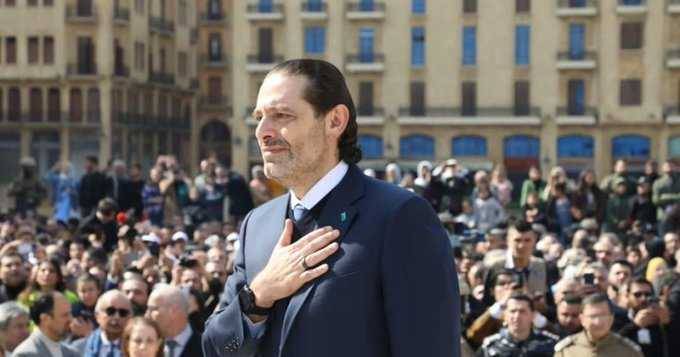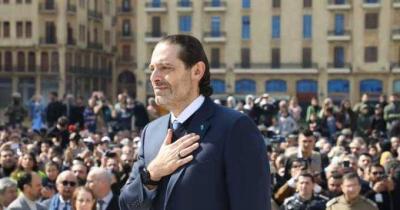Despite Israeli threats to expand the war against Hezbollah, the United States has downgraded its travel warning for Lebanon from "do not travel" to "reconsider travel," according to a statement posted on the website of the U.S. Consular Affairs office. The statement indicates that the travel advisory has been updated to a level three, which advises reconsidering travel, with specified prohibited areas including southern villages, the Lebanese-Syrian border, and refugee gatherings due to the possibility of armed clashes. This comes after the U.S. State Department had raised the travel warning level for the past three months, urging against travel to Lebanon.
The statement published on the U.S. Embassy's website in Beirut emphasizes that American citizens in Lebanon should be aware of the risks of staying in the country and review their personal security plans. The State Department considers the threat faced by U.S. government employees in Beirut serious enough to require them to live and work under heightened security measures while terrorist groups continue to plot potential attacks in Lebanon. Meanwhile, the Lebanese government is unable to guarantee the protection of American citizens from sudden outbreaks of violence and armed conflict, as reported by "Al-Akhbar."
On another front, information converged regarding a meeting between the ambassadors of the five-member committee on Lebanon and the Speaker of the House Nabih Berri, highlighting the difficulty in achieving any breakthrough in the presidential file. This is particularly significant as their unified stance has only confirmed the necessity of electing a president and separating the presidential track from developments in Gaza, the war in the south, and the standards to be followed. Informed sources revealed that the five ambassadors will not have any further appointments in the near future, but they confirmed that French envoy Jean-Yves Le Drian will visit Beirut soon. Meanwhile, Saudi Ambassador Walid Bukhari left Beirut heading to Riyadh to brief officials in his country about the discussions that took place in Beirut.
Additionally, Member of the Lebanese Forces bloc MP Melhem Riachi and Member of the Democratic Gathering bloc MP Wael Abu Faour traveled to Riyadh to meet with Nizar Al-Alula, an advisor in the royal court. There is no link between the two visits, and according to "Al-Akhbar," Abu Faour and Riachi had requested the appointment since last November, aiming to explore any new developments in the Saudi position regarding the Lebanese file. However, prominent political sources indicated that the kingdom still maintains that the Lebanese arena is not among its priorities.
On the eve of the return of Future Movement leader Saad Hariri to Lebanon to participate in the commemoration of former Prime Minister Rafik Hariri's assassination, there are multiple insinuations about the gradual return of his political activity. His program is not expected to be limited to a visit to the grave, but will include receptions and public mobilization calling for his return to the political scene. Despite denials from leaders within the Future Movement regarding these possibilities, which contradict their preparatory efforts, the statement issued by the Russian Foreign Ministry regarding a meeting between Mikhail Bogdanov, the Russian president's special representative for the Middle East and Africa, and George Shaban, Hariri's special envoy, was notable. The statement indicated that "Shaban presented during the meeting Hariri's vision and perspective concerning the developments in Lebanon, particularly the issue of electing a new president." This is the first time since Hariri's withdrawal and the suspension of his political work that news has emerged indicating his interest in political files or a public stance has been conveyed. Some close to him have noted that he has become more interactive lately after previously refraining from responding to calls or holding meetings with officials in his movement.




